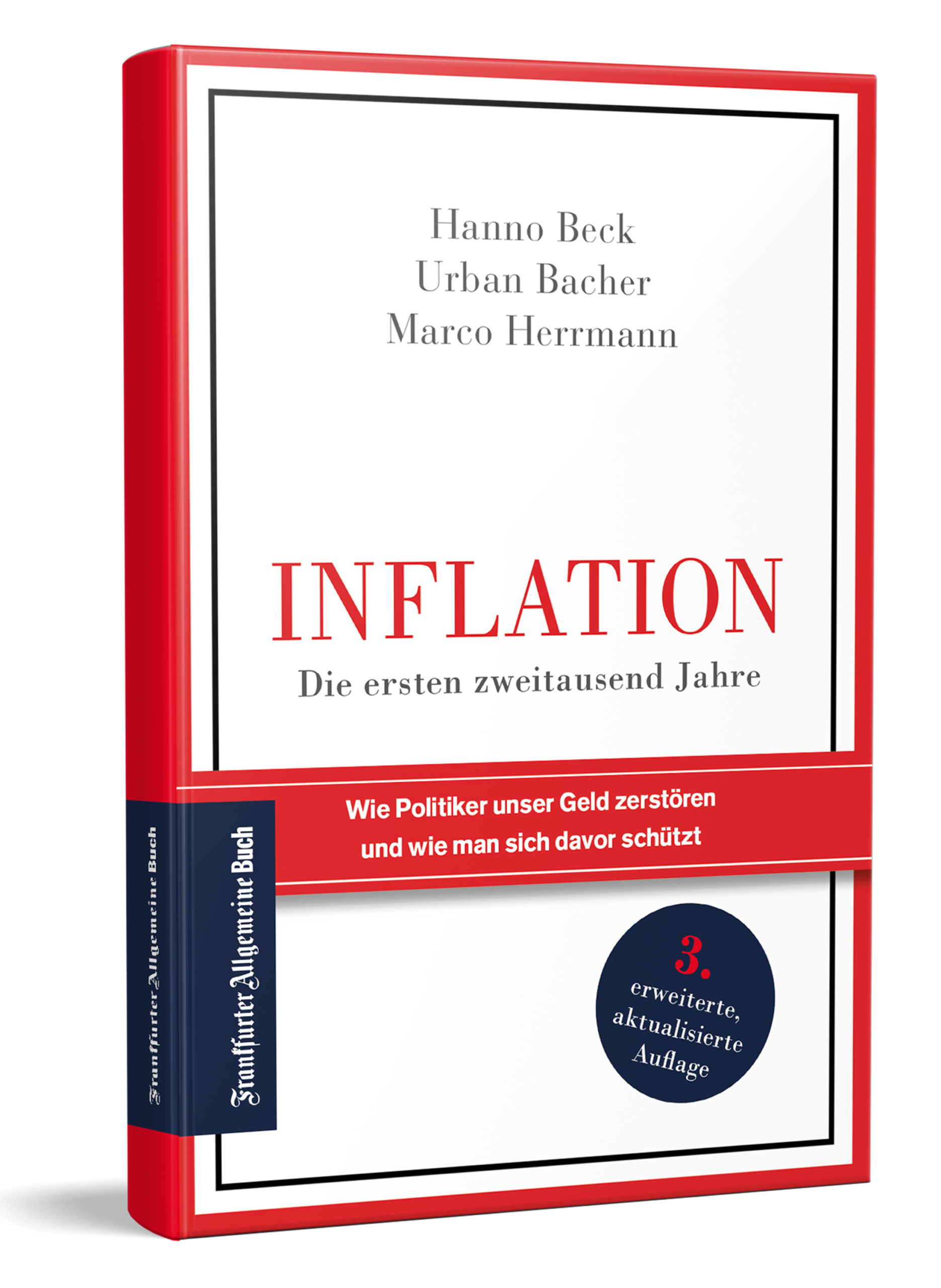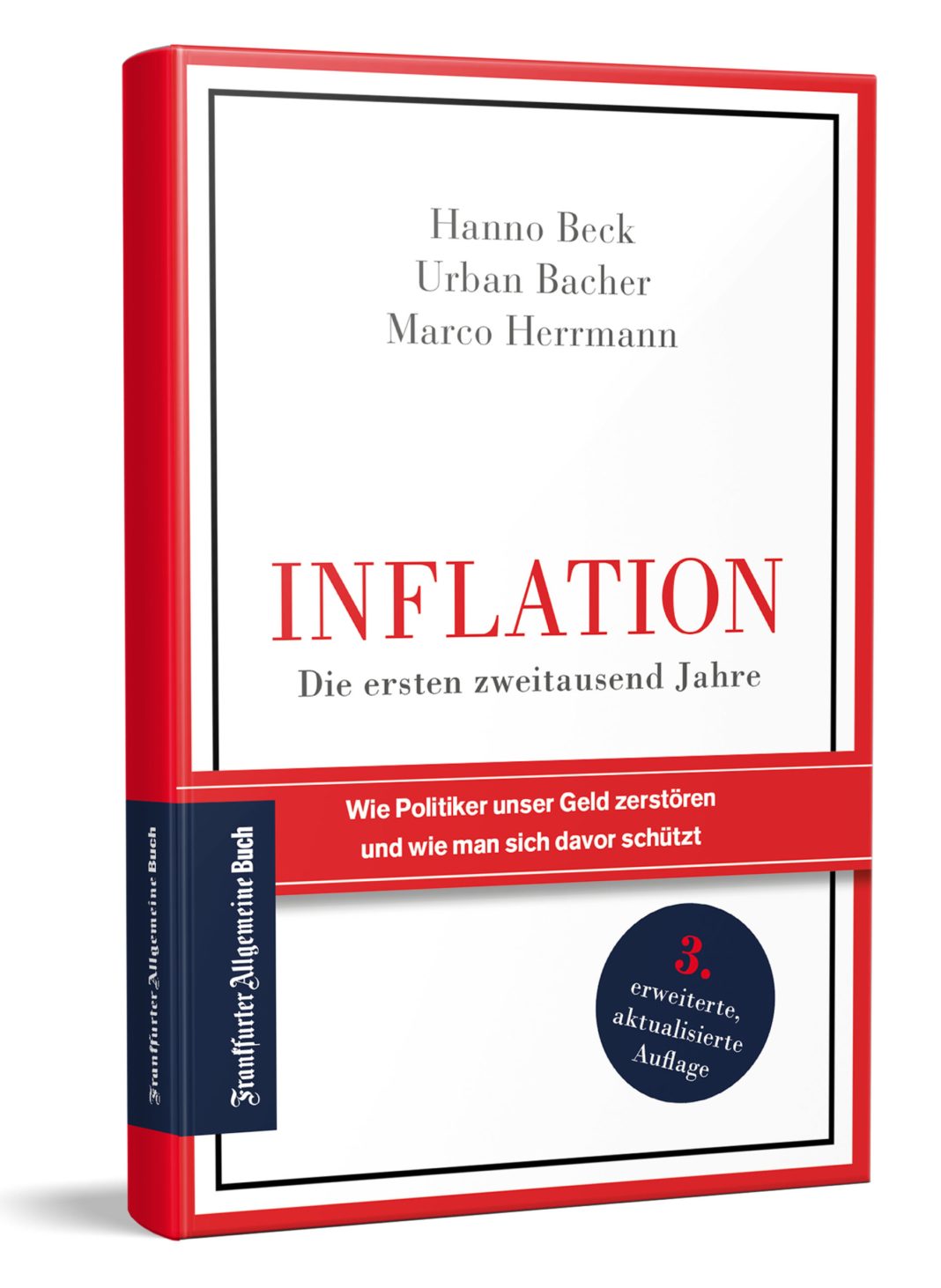
Governor Michele Bullock of the Reserve Bank of Australia (RBA) has emphasized that the central bank is not considering cutting interest rates despite high inflation. In her recent speech, Bullock stated that while inflation has decreased, it is premature to consider rate cuts. She reiterated that the policy needs to remain restrictive until the RBA is confident that inflation is moving sustainably towards the target range. Bullock also predicted that underlying inflation is expected to be back within the target range by the end of next year and approach the midpoint by 2026.
Pressure has been mounting on the central bank to lower rates after the Australian Bureau of Statistics revealed sluggish economic growth, the lowest since the 1991-92 financial year. The latest quarterly update indicated that GDP only grew by 0.2 percent as of June 2024, and 1.5 percent throughout the 2023-24 financial year. Per capita GDP, which measures the productivity of each Australian, has fallen for the sixth consecutive quarter.
Bullock acknowledged that inflation is still above the midpoint of the target range but highlighted early signs of improvement in the market. Specific sectors, such as retail goods, consumer durables, and groceries, are approaching their historical average in terms of inflation. However, inflation for administered prices, which includes regulated prices and items provided by the public sector, remains slightly above the long-run average.
Despite the impact of high interest rates on Australians, Bullock defended the RBA’s approach, emphasizing that it is in the best interest of the country. She stated that while restrictive monetary policy settings may cause hardship, inflation itself also causes hardship for all Australians, especially the vulnerable in the community.
The housing market continues to be a pain point for the economy, with housing costs and market services driving inflation. These factors remain above their average levels and have only been easing gradually. Housing inflation is influenced by construction cost growth and significant increases in rents. Although new dwelling inflation has declined from its peak due to eased materials costs, it remains elevated due to labor shortages in certain trades. Market services are contributing the most to above-target inflation.
Bullock refrained from directly addressing Treasurer Jim Chalmers’ comments about the negative impact of high interest rates on the economy. She stated that both she and Chalmers are doing their respective jobs and avoided using similar language. Bullock also tactfully responded to questions about excess government spending, emphasizing that consumption is currently weak and should be the main focus to steer the economy back on track.
In conclusion, Governor Bullock of the RBA remains committed to maintaining a restrictive policy until sustainable inflation within the target range is achieved. While the economy faces challenges, including sluggish growth and a housing market that continues to drive inflation, the RBA prioritizes bringing inflation back to the target range. The governor acknowledges the impact of high interest rates on households and businesses but believes that tackling inflation is essential for the well-being of all Australians. The focus is on stimulating consumption to support economic recovery and achieve desirable inflation outcomes.


